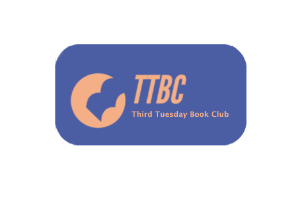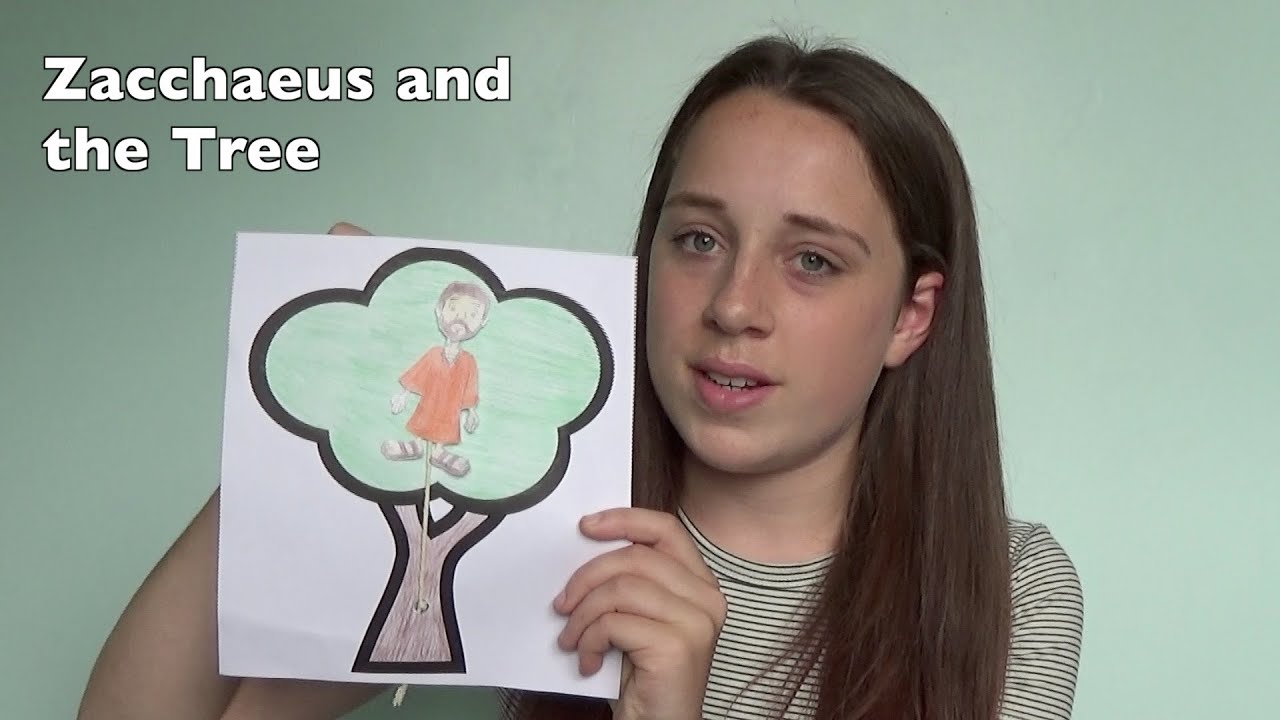The Most Ordinary Angels Bring Good News

At Christmas, angels seem to appear everywhere: on cards, at the top of trees, and in shop windows. But in the very first Christmas story, the angels didn’t appear as decorations or distant figures. They turned up in the most ordinary of places, a quiet hillside, a carpenter’s dream, a young girl’s home. And what were they doing? Bringing news, good news that would change everything.
To Mary: “You will give birth to a son.”
To Joseph: “Do not be afraid.”
To shepherds: “I bring you good news of great joy that will be for all the people.”
What stands out about these heavenly messengers is how unremarkable they often appeared. While some were dazzling, many simply blended in with those around them. Regardless of their appearance, they encountered people during everyday moments as they went about their lives, bringing important messages to those who needed to hear. There's something meaningful we can take from that example.
Most of us don’t have world-changing announcements to make. Our “news” might just be a Christmas card, a quick text, a call to check in, or a doorstep visit. But often it’s not the scale of what we share that matters. It’s the act of reaching out at all. A few words, a small kindness, a sign that someone has been remembered, can bring real warmth and light to another person’s day. In that sense, we can all be “angels” — ordinary people who carry messages of care, hope, and connection. Because for many, Christmas can feel lonely, or bittersweet, or just a little too quiet. When we make the effort to write, visit, or call, we remind someone they are not forgotten.
The Gospels angels’ message, though, was truly extraordinary: “Glory to God in the highest, and on earth peace and goodwill toward men.” - Luke 2:14.
The great news, is that light still shines today, it tells us that peace and goodwill are not just ideals, but gifts that God still offers the world through Jesus, whose birth the angels first announced. So, as you share your own good news this Christmas, however small, remember, you might be someone’s angel. You might bring light, comfort, or a smile that changes a day for the better.
If you’d like to hear again the angels’ story of peace, joy, and hope, you’re warmly invited to celebrate at one of the Christmas events in Cherry Willingham from carols and Christingles to reflective and family services, there’s something for everyone.
Merry Christmas from the Vine and all the churches in Cherry Willingham — may you know peace, goodwill, and good news this season.































